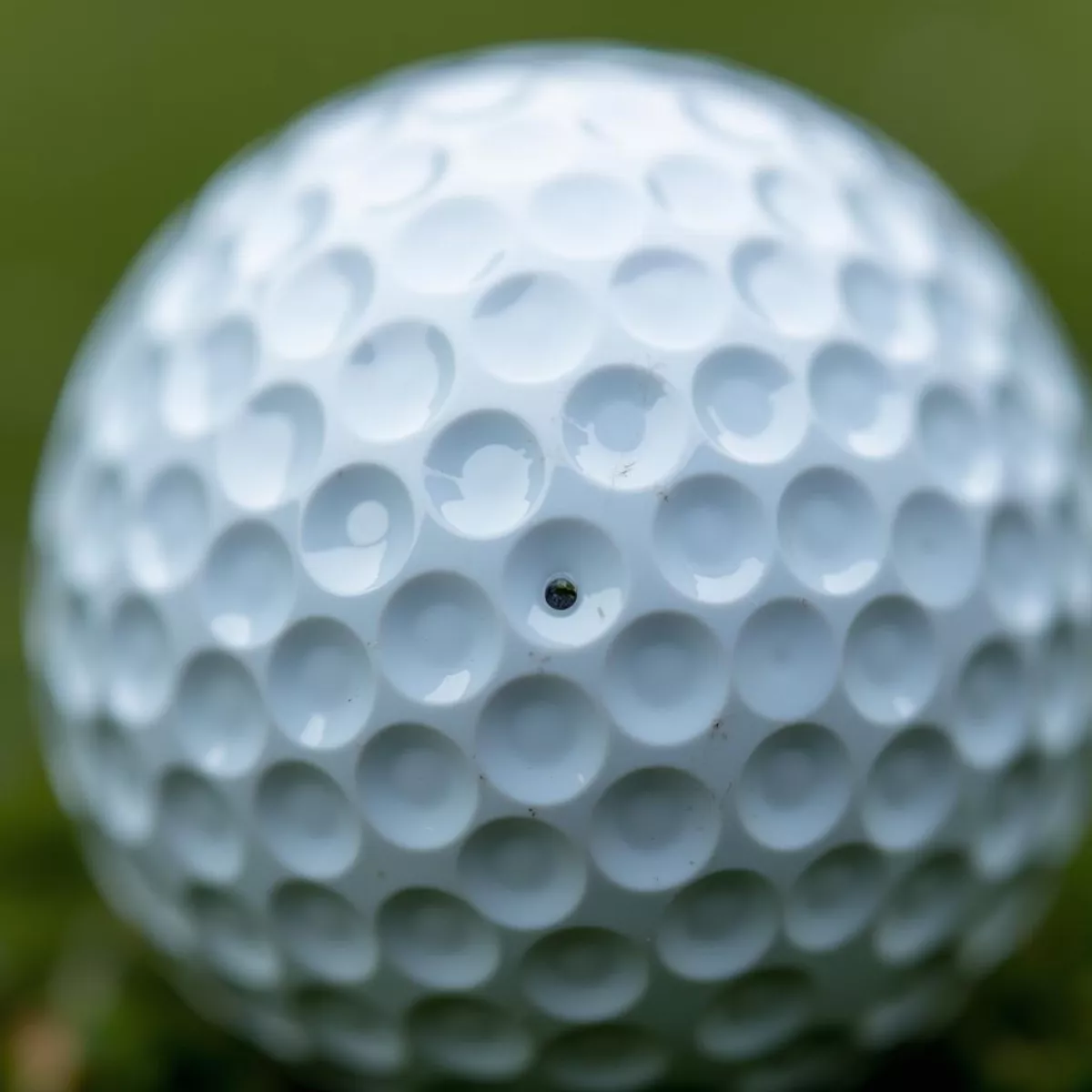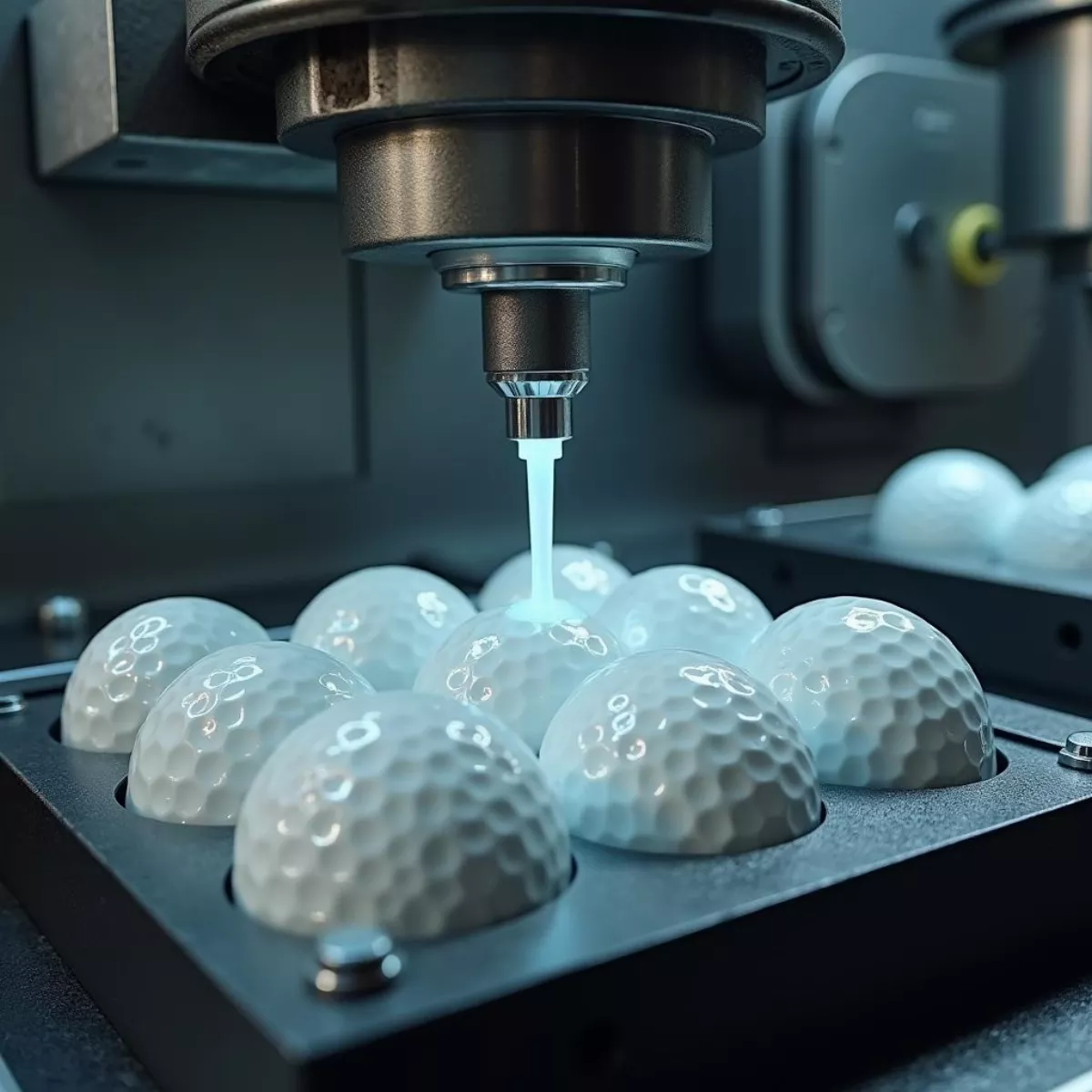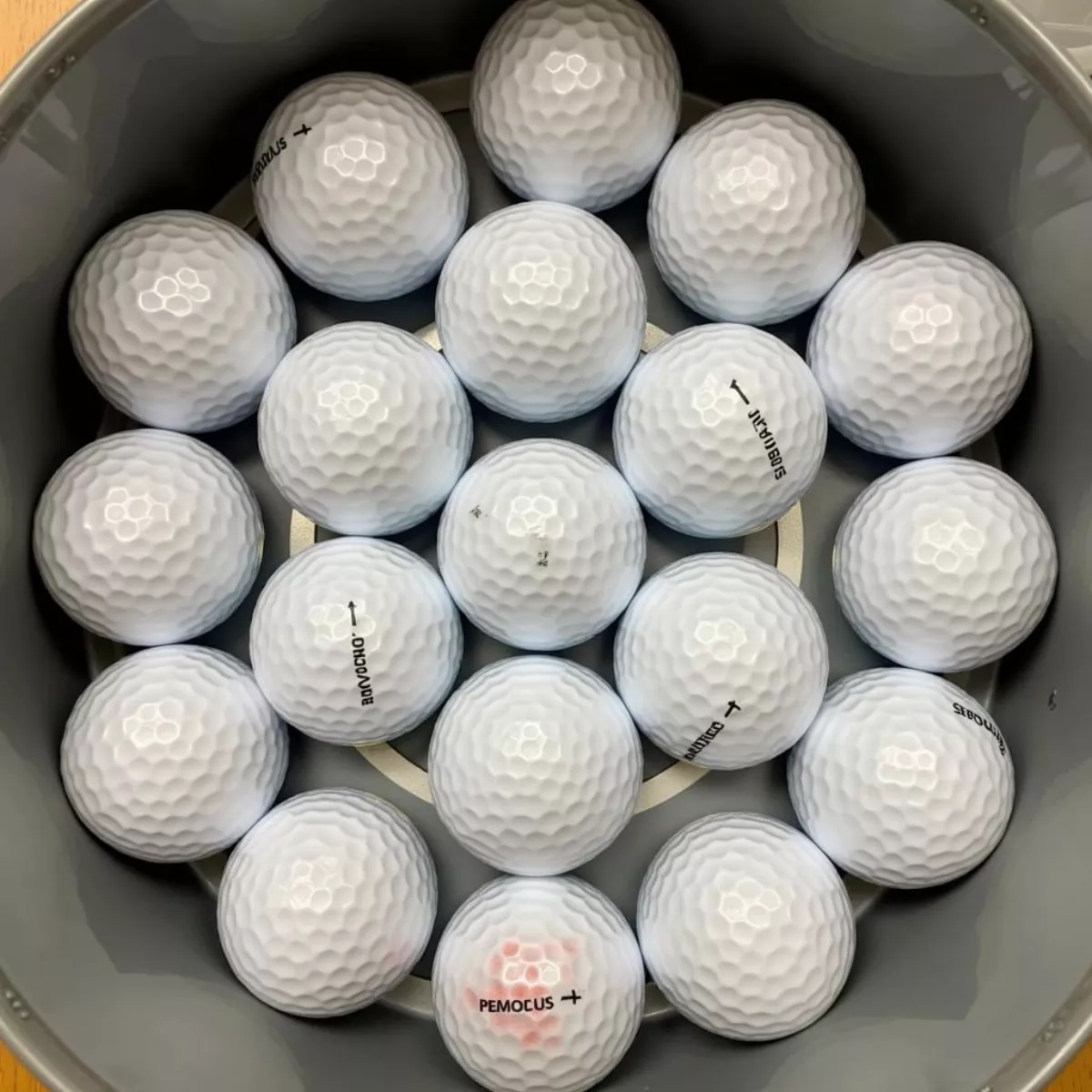why are golf balls so expensive

If you’re an avid golfer or someone who’s just getting into the sport, you might have wondered why golf balls can often come with a hefty price tag. After all, they may seem simple at first glance: small, round, and made from rubber and plastic. However, the reality is that these seemingly uncomplicated objects are the product of advanced engineering, technology, and marketing strategies. In this article, we’ll dive deeply into the various factors that contribute to the high cost of golf balls.
The Science Behind Golf Balls
Golf balls are not your average spherical objects. The design and manufacturing processes involve precision and innovation:
1. Materials Matter
Golf balls are typically made of three layers, each of which impacts performance:
| Layer | Material | Purpose |
|---|---|---|
| Cover | Urethane or Surlyn | Enhances spin and feel. |
| Inner Core | Rubber | Provides distance and compression. |
| Outer Core | Various polymers | Balances softness and hardness for optimal performance. |
Urethane vs. Surlyn
- Urethane: Found in high-end balls, it offers better spin and feels softer on impact.
- Surlyn: A cheaper option often used in beginners’ balls that provides more durability.
2. Aero Dynamics
The dimple pattern on a golf ball isn’t just for aesthetics; it greatly affects how the ball travels through the air. The mathematical precision of its design can enhance lift and reduce drag, making a significant difference in distance and accuracy.

Quote: “The dimple pattern can determine how well the ball cuts through the air, ultimately influencing distance and control,” says Dr. Wendy Hodge, a materials scientist specializing in sports equipment.
3. Testing and Quality Control
Leading manufacturers like Titleist, Callaway, and TaylorMade invest heavily in research and development. Each new model undergoes rigorous testing conditions, from wind tunnels to player feedback, to ensure optimal performance. These tests can cost thousands of dollars and are part of what drives up prices.
4. Brand Influence
The brand has a huge effect on the price of golf balls. High-end brands can charge more because they have established a reputation for quality. Many golfers equate higher-priced golf balls with better performance, leading to a perception that they’re worth the investment.
Availability and Demand
1. Market Segmentation
Golf balls are designed for various skill levels, including:
- Professional Golf Balls: Tailored for experienced golfers seeking maximum control and spin.
- Mid-Range Balls: Suitable for amateur players, offering a balance of distance and feel.
- Beginner Balls: Generally less expensive and designed to be more robust.
This segmentation allows companies to target different audiences but also means that the luxury segments drive up overall prices.
2. Global Supply Chain
With golf being a popular sport worldwide, the demand affects the pricing. Economic factors such as material costs, labor, and transportation all contribute to the final price you see at your local shop or online retailer.

Table: Factors Influencing Price by Region
| Region | Factors Influencing Price |
|---|---|
| North America | High demand, premium brands |
| Europe | Currency fluctuation |
| Asia | Manufacturing costs |
Production Costs
1. Complex Manufacturing
The manufacturing process for golf balls involves multiple stages, including molding, coating, and finishing. Highly specialized machinery is required, which leads to high overhead costs.
2. Low Production Volume
High-end golf balls are often produced in smaller batches to maintain quality standards. This low volume can drive prices up since the scale of production is less than mass-market products.

3. Labor Costs
Skilled labor is not only expensive but necessary for ensuring quality in golf ball production, adding to the overall cost.
Marketing and Distribution
1. Effective Marketing
Brands spend millions on marketing campaigns to highlight their products. From endorsements by professional golfers to sponsorships of major tournaments, these marketing efforts help justify a higher price.
2. Retail Markup
Retailers also add their markup to the price of golf balls. Depending on the brand and their store policies, the price can jump significantly from the wholesale price.
3. Online vs. Brick-and-Mortar
While online retailers may offer better deals, the experience of purchasing from a specialized golfing store can also add to the overall cost.
The Connection to Technology
1. Advancements
New technology such as launch monitors, simulators, and high-tech materials continue to evolve the quality of golf balls. The more advanced the product, the more research and development costs are required, which directly impacts the price.
2. Customization Options
Some companies are now offering customized golf balls, which can include personalized colors, prints, and even logos. These added features come with an extra cost, further increasing the price.
3. Sustainability Efforts
As golf ball manufacturers focus more on sustainability, using eco-friendly materials can also lead to increased production costs, which are then passed on to the consumer.
Saving Money on Golf Balls
1. Buy in Bulk
Look for bulk purchasing options that can significantly reduce the price per unit.
2. Sales & Clearance Racks
Keep an eye on local sporting goods stores or online retailers for seasonal sales.
3. Manufacturer Discounts
Subscribe to newsletters from golf ball brands to stay updated on special offers or clearance items.
4. Use Used Balls
Buying used or refurbished golf balls can save you a bundle without sacrificing quality.

5. Loyalty Programs
Some retailers offer loyalty programs that reward you for repeat purchases, providing discounts on future buys.
Key Takeaways
- Materials: The materials used in golf balls significantly influence their performance and pricing.
- Branding: Brand reputation, marketing, and perception play major roles in determining costs.
- Production Costs: The complexity of manufacturing and low volume production also contribute to high prices.
- Technology: Advances in ball technology lead to better performance but can increase costs.
- Saving Tips: Buying in bulk, taking advantage of sales, and considering used options can help reduce costs.
FAQ: Golf Balls Pricing
1. Why are some golf balls so much more expensive than others?
- Premium golf balls use higher-quality materials, advanced technology, and undergo rigorous testing, all of which raise the costs.
2. What makes a golf ball feel softer?
- Urethane covers typically provide a softer feel compared to Surlyn-covered balls, which feel harder.
3. Are there significant differences in performance between low and high-cost golf balls?
- Yes, higher-priced balls tend to offer better control, spin, and durability due to advanced engineering.
4. Can I use a golf ball for several rounds?
- While a high-quality golf ball can last multiple rounds, performance can decline with visible wear and tear.
5. Do more expensive golf balls offer better distance?
- Not necessarily. While distance balls are often aimed at achieving maximum distance, many factors including swing speed can affect performance.
6. How often should I replace my golf balls?
- It’s advisable to replace golf balls that show signs of wear, like scuffs and cuts, especially if you’re playing frequently.
7. Why do professionals prefer certain brands of golf balls?
- Professionals often choose balls that provide the best performance for their game style, backed by extensive testing and feedback.
8. Are there environmental factors influencing the cost of golf balls?
- Yes, rising material costs and efforts toward sustainability can influence overall pricing.
9. Can brand loyalty affect my choice of golf balls?
- Absolutely! Many golfers stick to brands they trust, often paying a premium for familiarity and perceived quality.
10. What’s the best way to choose a golf ball if I’m a beginner?
- Beginners should look for mid-range balls that offer a balance of distance and durability without breaking the bank.
By understanding the various factors that contribute to the cost of golf balls, you can make an informed choice and potentially save money without sacrificing quality. Happy golfing!